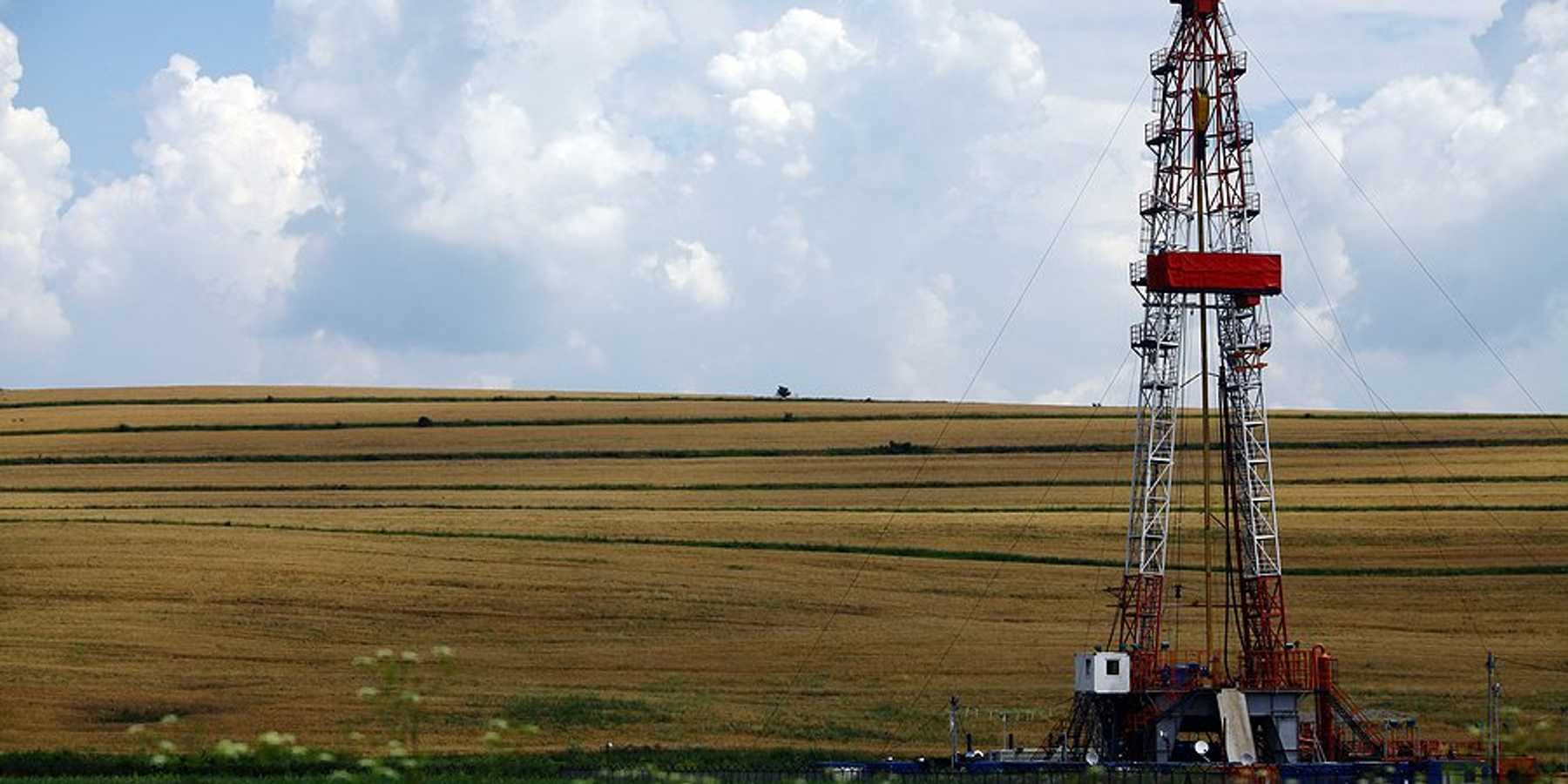
Fracking lawsuit in West Virginia alleges toxic exposure sickened children
Families in Wetzel County, W.Va., have sued the gas producer EQT, claiming emissions from nearby fracking operations and a compressor station caused serious health problems for their children.
Curtis Tate reports for West Virginia Public Broadcasting.
In short:
- The lawsuit, filed in U.S. District Court in Pennsylvania, alleges EQT released volatile organic compounds, including benzene, into the air in Knob Fork.
- Plaintiffs say their children suffered symptoms such as dizziness, nerve pain, and muscle fatigue, prompting them to move away from their homes.
- They seek damages and the creation of a medical monitoring trust, and note the U.S. Environmental Protection Agency is investigating EQT’s operations in the state.
Why this matters:
Fracking operations can release a mix of airborne chemicals linked to acute symptoms like headaches and long-term risks such as cancer. In rural communities near drilling and compressor sites, these emissions can drift into homes, schools, and playgrounds, affecting children whose developing bodies are especially vulnerable to toxic exposure. Studies have found that volatile organic compounds, including benzene, can persist in the environment and accumulate in the body, raising public health concerns far beyond the drilling sites.
Learn more: Fracking operations leave West Virginia families in distress













